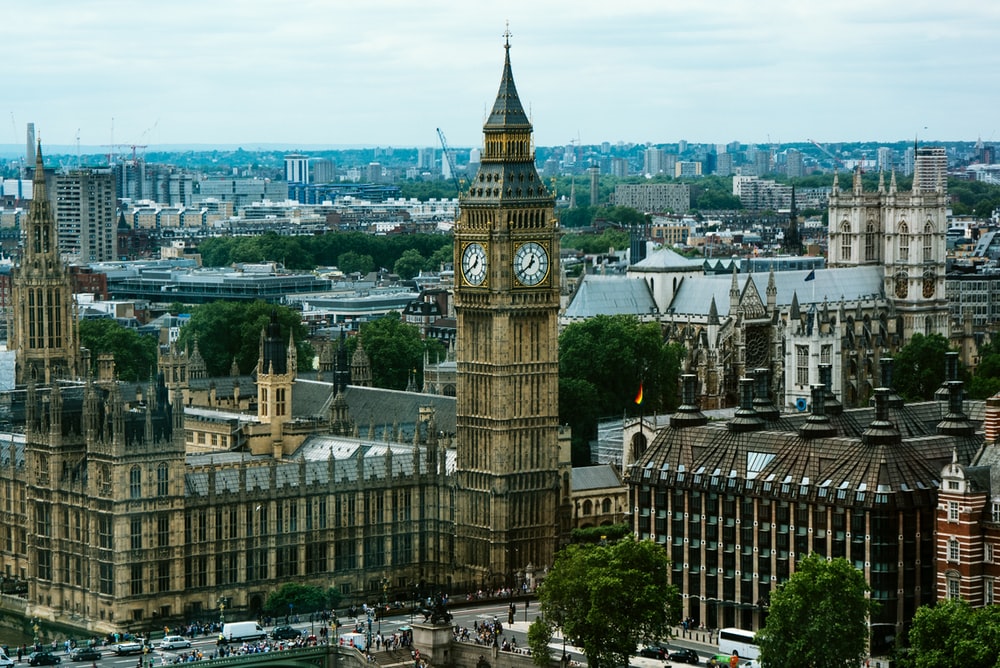Following Russia’s invasion of Ukraine, the UK recently announced that it will end extradition to Russia as it seeks to freeze Putin’s regime from the international system. Priti Patel, the UK’s home secretary, has recently announced that the UK will go ahead with extradition suspension to Russia and stop all global criminal collaboration with the country.
Let’s look at the suspension of the UK’s extradition to Russia and the general reaction to this decision.
Why Did the UK Decide to Suspend Extradition to Russia?
The home secretary’s decision to ban extradition to the UK comes amid increasing concerns that the Crown Prosecution Service represented Putin’s government in the UK’s court of law at the British taxpayers’ expense. Priti Patel’s announcement is meant to curtail the reach of Putin’s regime dramatically. This move will end the 28 live extradition requests that Moscow has currently lodged with the UK.
Russia’s Abuse of the Extradition Arrangement
The decision to put an extradition suspension on Russia came due to increasing pressure from human rights groups, lawyers, legal experts, MPs, etc., who have repeatedly highlighted that Russia routinely breaches the extradition arrangement. For years now, they have voiced Russia’s abuse of the extradition agreement and its international obligations and assurances that it has continued to offer to the UK courts when it comes to extradition cases. Even before the UK’s move to end extradition to Russia, the United Kingdom had not approved extraditions to Russia since 2018, when the courts surmised that Russian authorities could not be trusted and the prison conditions were not independently monitored.
Russia’s Intention to Withdraw from the CoE
This move from the UK to end extradition to Russia will certainly prevent any extraditions in the near future. Moreover, the Russian government’s intention to withdraw from the Council of Europe and the European Convention on Human Rights will also stem future extradition plans. Even if the UK reinstates its extradition to Russia, it’s difficult to imagine the latter will be able to convince the UK courts to extradite anyone.
Even while Russia was a member of the Council of Europe and a signatory of the Convention, it had a hard time convincing the UK courts that it would comply with its human rights obligations. Now, in these circumstances, when such obligations do not bind Russia, the UK will not be easily convinced.
The UK Wants Russia Expelled from INTERPOL
Apart from the UK’s move to end extradition to Russia, it also wants Putin’s government to be expelled from INTERPOL. It’s something human rights activist groups have been pushing for because of Russia’s abuse of Red Notices to attain political dissents. INTERPOL has already stipulated that Moscow can no longer send diffusions directly to INTERPOL country members and instead must send them to the General Secretariat so that they can check them for compliance.
How Will This Move Affect Both Countries
Regardless of the clear stance of the UK courts since 2018, the government’s move to end extradition to Russia will certainly impact both nations. Russia is already reputedly making extradition requests to the UK and claims that 28 live extradition cases are currently under the UK authorities. It will affect all those cases and might lead the UK to consider alternatives to the current agreement, such as ad hoc extradition agreements with Putin’s government. Otherwise, the UK might become a safe haven for fugitives from Russia.


